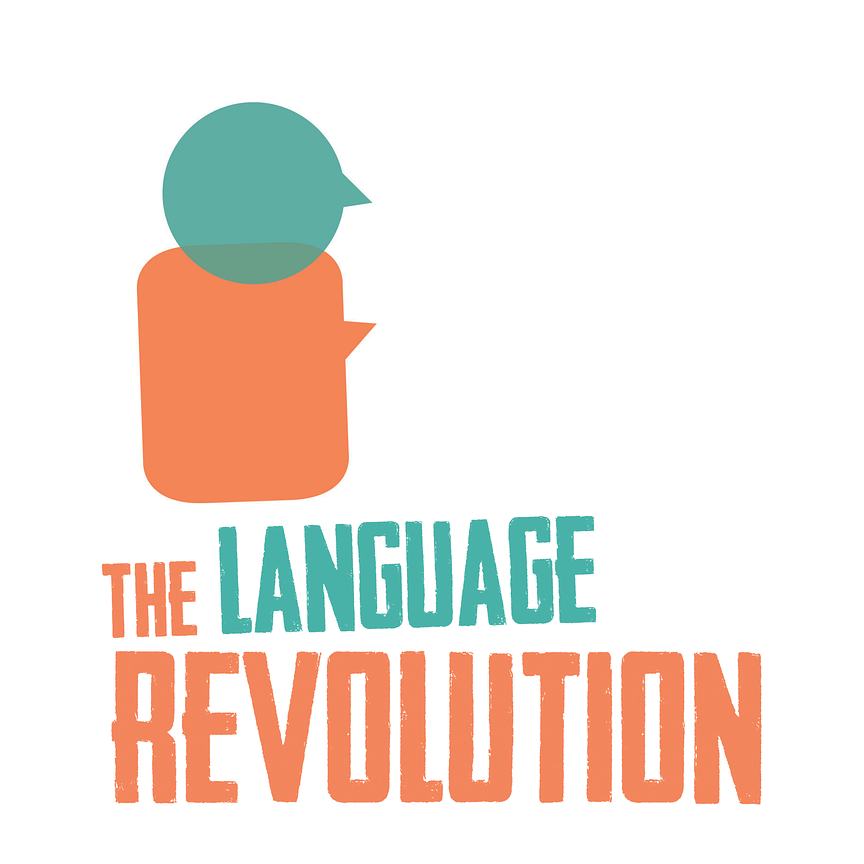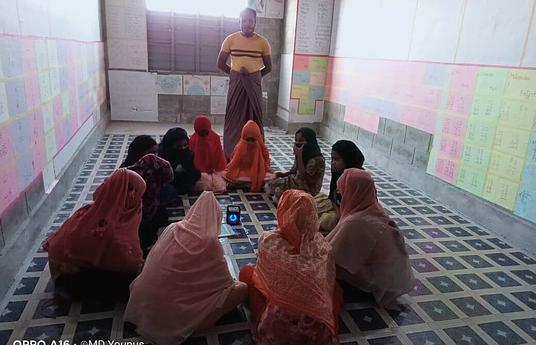What we do?
We are a group of teachers and linguists who believe that language education needs to be innovated and that the current linguistic apathy in the UK is based on a prevailing monoglot attitude. In order to help shift that attitude towards a more positive celebration of diversity and multilingualism, we are interviewing neuroscientists, psychologists, linguists, educators, activists, writers and actors on The Language Revolution Podcast and blog, where we talk about talking. We are looking for new ways to engage a younger audience in learning languages, but also working on educating an older audience about the health benefits of learning languages, such as doubling stroke cognitive recovery rates and delaying dementia symptoms. We organise the International Day of Multilingualism in collaboration with colleagues across disciplines because language is the thread through all human experience, not just something we do in a classroom away from 'real life'.
Why we do it?
With an almost 50% decrease in uptake of foreign languages at GCSE, and the closure of 20 university modern languages departments in the last decade, there is a language-learning crisis in the UK. Simultaneously, we have an increase in the number of children who already speak a language other than English (22%, so one in five pupils, is an English as an Additional Language, or EAL pupil). There is a mismatch between the monolingualism of policy and society at large, and the multilingualism of our country's history and population. There are huge social and health benefits to learning languages, and languages can connect our society in a post-Brexit Britain. We just have to get people talking about talking. It's just what humans do.


